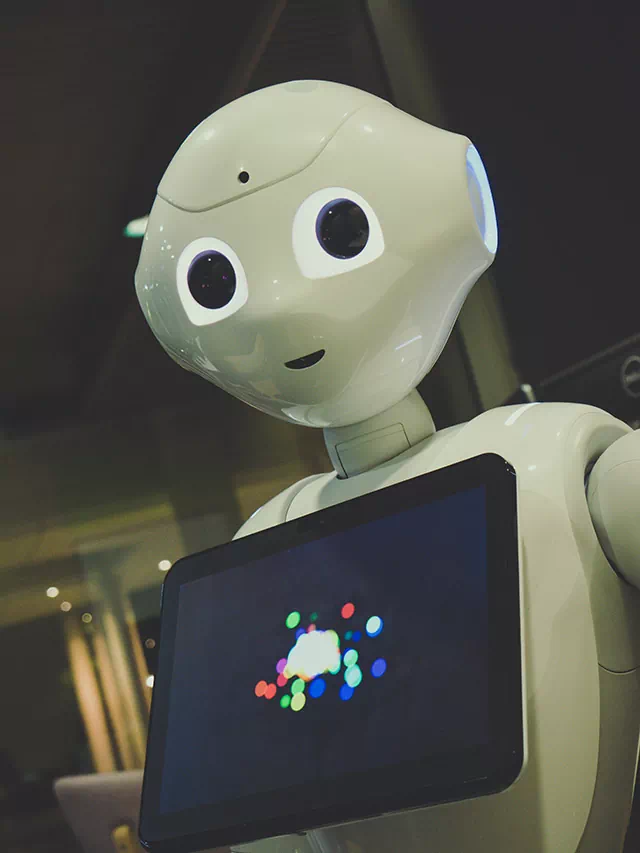As artificial intelligence continues to advance, many people are wondering what the future holds for employment. Will AI take our jobs and leave us without work? Or will it create new opportunities for us to thrive and succeed? In this article, we will explore the potential impact of AI on the job market and what it means for the future of work. Here are a few potential ways that AI could potentially impact employment in the future:
Automation
AI systems may be able to perform certain tasks more efficiently and accurately than humans, leading to the automation of certain jobs. For example, AI-powered robots might be able to perform assembly line tasks more quickly and accurately than human workers, leading to job displacement in manufacturing industries.
Job displacement
Some jobs may be replaced entirely by AI, leading to job displacement for human workers. For example, AI-powered customer service chatbots might be able to handle routine inquiries more efficiently than human customer service representatives, leading to job loss in the customer service industry.
Changes to the nature of work
As AI becomes more prevalent, it may lead to changes in the way that work is organized and performed. This could potentially result in the creation of new job roles or the modification of existing ones. For example, the increasing use of AI in the healthcare industry might lead to the creation of new job roles for individuals trained in AI management and maintenance.
Increased productivity
AI may be used to improve efficiency and productivity in various industries, leading to overall economic growth and the potential creation of new job opportunities. For example, the use of AI in logistics and transportation might lead to more efficient delivery systems, which could drive economic growth and the creation of new jobs in related industries.
Augmentation
AI may be used to augment the capabilities of human workers, allowing them to work more efficiently and effectively. For example, AI-powered assistants might be able to handle routine tasks and provide insights and recommendations to human workers, allowing them to focus on higher-level tasks that require human expertise.
AI could lead to the automation of certain jobs and job displacement for some workers, it also has the potential to improve efficiency, drive economic growth, and create new job opportunities. As AI continues to advance, it is important for individuals and organizations to stay informed about developments in the field and to adapt and prepare for the potential impact on the job market. By staying up-to-date and proactive, we can work towards a future that is both technologically advanced and economically secure for all.



